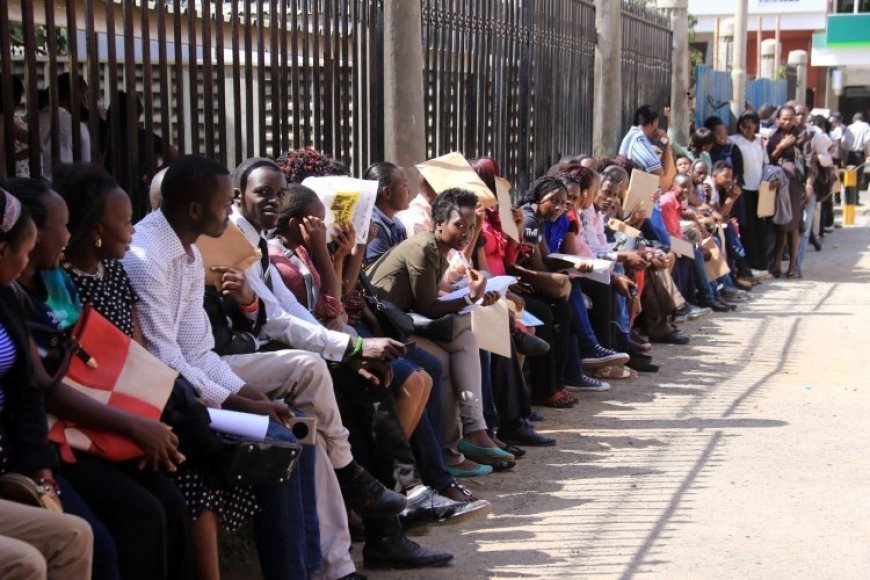6,000 Kenyans Losing Jobs As Living Standards Drop Over High Taxes: FKE
High taxes, inflation, and global geopolitical developments have contributed to these job losses.

Over the past three years, close to 6,000 Kenyans have lost their jobs as companies struggled to keep up with the current economic atmosphere in the country.
The Federation of Kenya Employers (FKE) revealed on Friday, January 24 that 5,567 Kenyans have been declared redundant over the past three years, though this number could be higher with the employers' body only tracking those losing jobs among its members.
High taxes, inflation, and global geopolitical developments have contributed to these job losses. Moreover, the living standards of employed Kenyans are deteriorating under the President William Ruto regime, the organisation added.
FKE CEO Jaqueline Mugo, while offering advice to the government ahead of the making of the Budget 2025/26, revealed that employers are getting more distress calls amidst a decline in employee take-home salaries.

Federation of Kenya Employers (FKE) CEO Jacqueline Mugo addressing the media on January 24, 2025. /DANN MWANGI
“Since the new payroll deductions were introduced, we've received a lot of distress calls from our members and from employees themselves because the take-home pay is too little and it is below the threshold of one-third that employees are supposed to take home,” Mugo stated.
As of now, the government is deducting Pay As You Earn (PAYE), the Social Health Insurance Fund (SHIF) at 2.75 per cent, the Affordable Housing Levy at 1.5 per cent, and the National Social Security Fund (NSSF) from the salaries of employed Kenyans.
In terms of NSSF, the government from this month started raising NSSF contributions to 6 per cent of the monthly salary, with employers matching the same amount, a matter which is hurting the pay slip just as it was showing signs of recovery in the new year.
For example, a person earning Ksh50,000 has his or her take-home cut down to about Ksh39,617.15, that is before introducing the new NSSF charged at 6 per cent.
The government is taking slightly over Ksh10,000 in levies, forcing Kenyans to adjust their budgets even more and damaging their standards of living because of having to resort to drastic measures to survive. “Living standards of our employees are deteriorating. They are suffering because of the new taxes,” Mugo stated.
According to FKE, employers are facing pressures to meet production costs that are rising with taxes around input products and labour as well.
The manufacturing sector has been especially hit hard with manufacturers made to deal with increased costs due to factors such as expensive energy, high taxation, and the influx of cheaper imports. The result, more than 30 manufacturing plants have closed down between 2014 and 2022.
As though that's not worrying enough, Stanbic Bank Kenya's Purchasing Managers' Index (PMI), which weighs economic factors around the country monthly, has for the last four months of the year shown the manufacturing sector is struggling.
“Our concern is that employers are finding it difficult to comply with the rule. They are supposed to deduct not more than two-thirds of an employee's total earnings each month, but they are in a way forced to be in breach because of the level of deductions,” asserted Mugo.
The employers are urging the State to settle Ksh1.1 trillion in pending bills to alleviate the financial strain on businesses and improve the economic environment.







